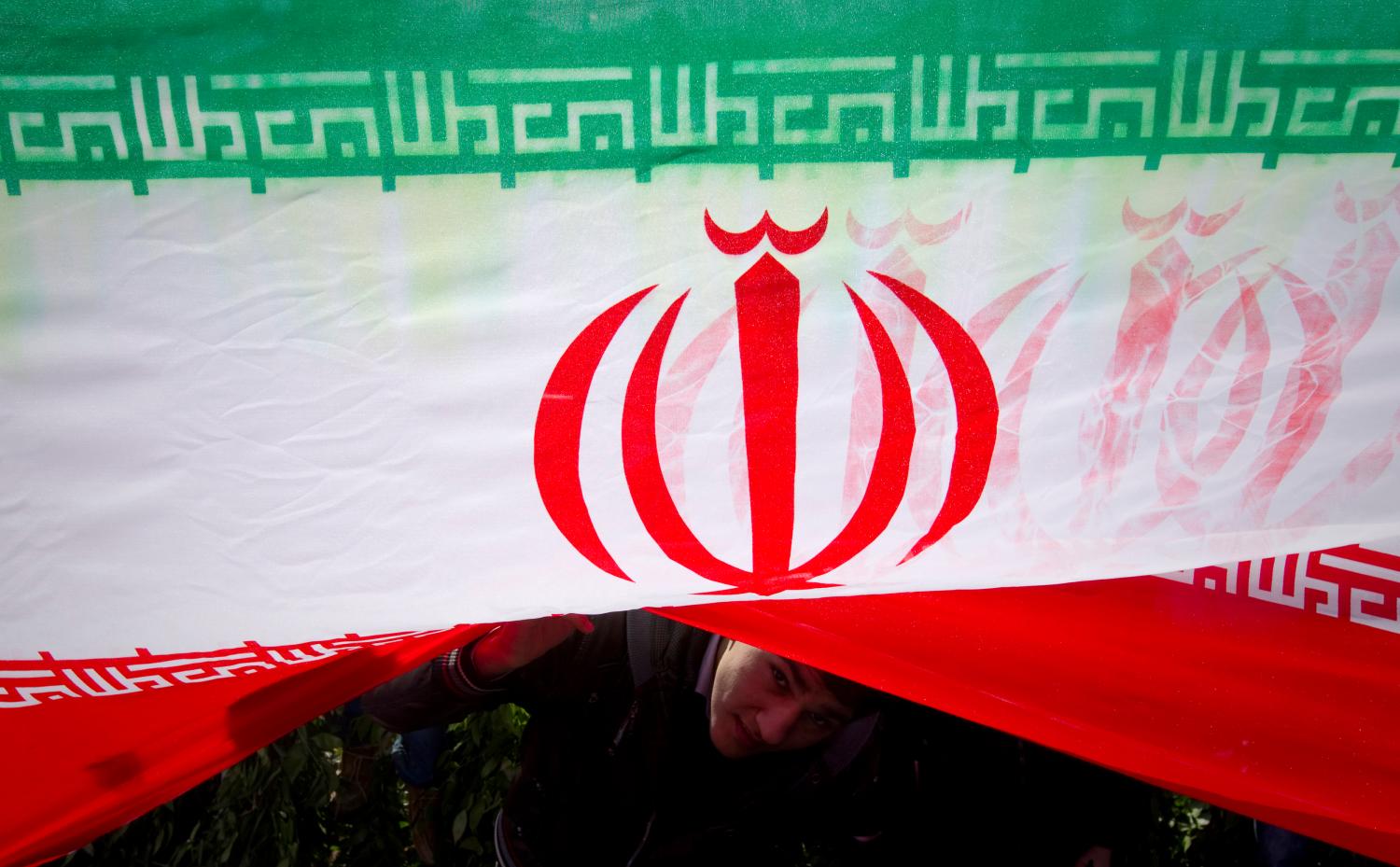Editor’s Note: In this contribution to The Changing Security Architecture in the Middle East series, a joint project of the Wilson Center and the United States Institute of Peace, Shibley Telhami examines Arab perspectives on Iran’s role in the region. Read an except below or download a PDF of the full paper at wilsoncenter.org.
Since the start of the Arab uprisings, there has been much discussion about how the new strategic environment in the Arab world will affect both Iran’s role in regional politics and, more broadly, Arab attitudes toward Tehran. It was clear from the outset that the picture for Iran was mixed: on the one hand, there was the loss of key opponents, like Hosni Mubarak in Egypt, and the empowerment of the Shi’a communities in neighboring Arab states, especially Bahrain; on the other hand, there were the troubles of Iran’s key allies in Damascus and the consequent pressure on Hezbollah in Lebanon. Overall, there was a sense that the Arab uprisings presented more costs than benefits for Iran. Add to this a prevalent assumption that a democratic Egypt that could regain its popularity in the Arab world would ultimately erode non-Arab Iran’s influence—which is in good part a function of the vacuum of popular leadership in the Arab world—and Iran’s prospects look even weaker.
Worries among Gulf states, particularly Bahrain and Saudi Arabia, about the expansion of the Arab uprisings to their own Shi’a populations have also increased these countries’ incentives to highlight a perceived Iranian threat. But this picture masks a far more complex reality in Arab attitudes toward Iran before and after the start of the Arab uprisings. This complexity is reflected not only in the gap of perception between the Arab people on the one hand and Arab governments on the other, but also in important differences on Iran across Arab governments. And even among Arab governments most threatened by Iran and most inclined to see it weakened, including militarily, their sense of threat and how to address it differs substantially from Israel’s sense of threat.
The Brookings Institution is committed to quality, independence, and impact.
We are supported by a diverse array of funders. In line with our values and policies, each Brookings publication represents the sole views of its author(s).




